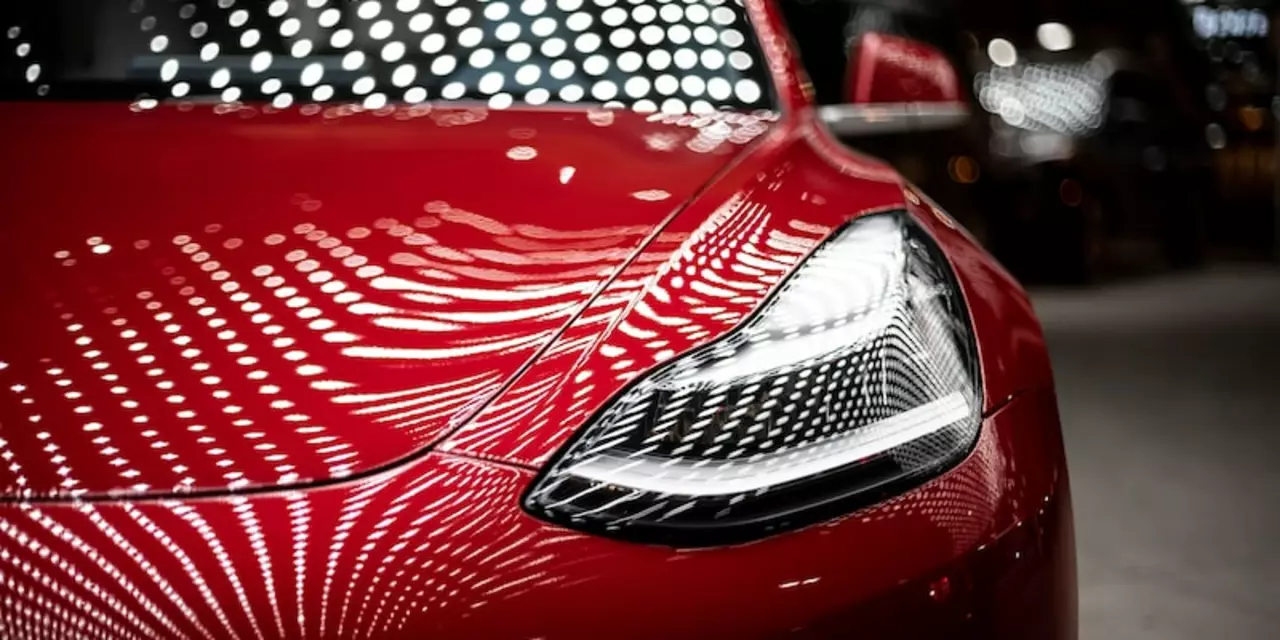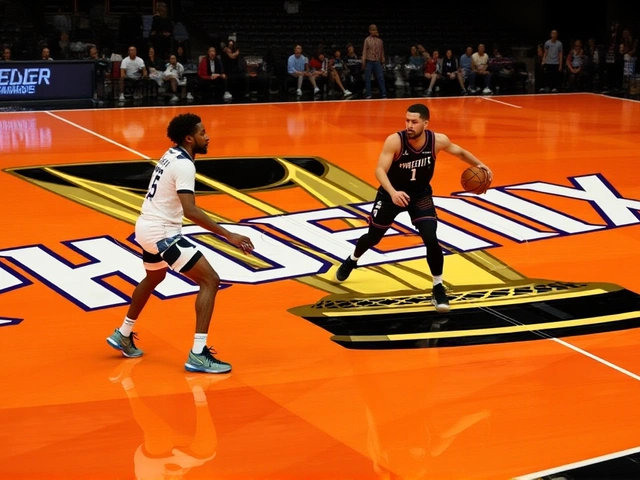Exploring the Impact of Tesla's Controversial Video Game Feature: Is it Time for an Investigation?
Tesla has been making headlines lately for enabling its drivers to play video games while behind the wheel. Tesla’s Autopilot feature has come under fire for allowing drivers to take their eyes off the road and focus on video games instead. While the Autopilot feature has been praised for its ability to prevent accidents, it has also been criticized for its potential to be abused.The controversy surrounding Tesla’s Autopilot feature has sparked an investigation into whether or not Tesla’s video game feature is safe. The National Highway Traffic Safety Administration (NHTSA) has already opened an investigation into the safety implications of Tesla’s Autopilot feature. The investigation is ongoing, but the NHTSA has stated that they are looking into the “design and performance of the automated driving systems in Tesla vehicles.”
The controversy surrounding Tesla’s Autopilot feature has raised a number of questions regarding its safety. Is Tesla’s Autopilot feature safe enough to allow drivers to play video games while driving? Should Autopilot be disabled while drivers are playing video games? Are there any laws that should be put in place to regulate the use of video games while driving?
These questions are still unanswered, and the NHTSA’s investigation into Tesla’s Autopilot feature may provide some answers. The results of the investigation could have a lasting impact on the future of automated driving systems. It is important that we take the time to explore the potential implications of Tesla’s Autopilot feature, and it may be time for an investigation into the safety of the feature.
Examining the Debate Around Tesla's Video Game Feature: Is it Fair Game or Regulatory Overreach?
The recent news that Tesla is being investigated by the National Highway Traffic Safety Administration (NHTSA) for allowing drivers to play video games while their vehicles are in operation has sparked a heated debate. On one side, some argue that this feature should be allowed as long as it does not interfere with the driver's ability to safely operate the vehicle. However, on the other side, opponents believe that allowing drivers to play video games while behind the wheel is a dangerous distraction and should be prohibited.Proponents of the feature claim that Tesla's video game feature is no more distracting than other activities drivers engage in while driving, such as talking on the phone or eating. They argue that the feature is simply a way for drivers to pass the time while on the road, and that it should not be subject to regulatory oversight. They further contend that other car manufacturers have similar features, such as the ability to watch movies, which are not being investigated.
Opponents of the feature, however, argue that allowing drivers to play video games is a distraction that can lead to serious accidents. They point to research that states that taking one's eyes off the road for more than two seconds can result in a crash, and that playing video games would require a driver's eyes and attention to be off the road for far longer than two seconds. They also argue that such a feature could be abused, with drivers becoming addicted to the games and neglecting their driving duties.
Ultimately, the debate surrounding Tesla's video game feature will likely continue as the NHTSA investigation progresses. While both sides bring valid points to the table, the outcome of the investigation will ultimately determine whether or not the feature is allowed. Until then, it is up to drivers and car manufacturers to decide how to responsibly use this technology.





